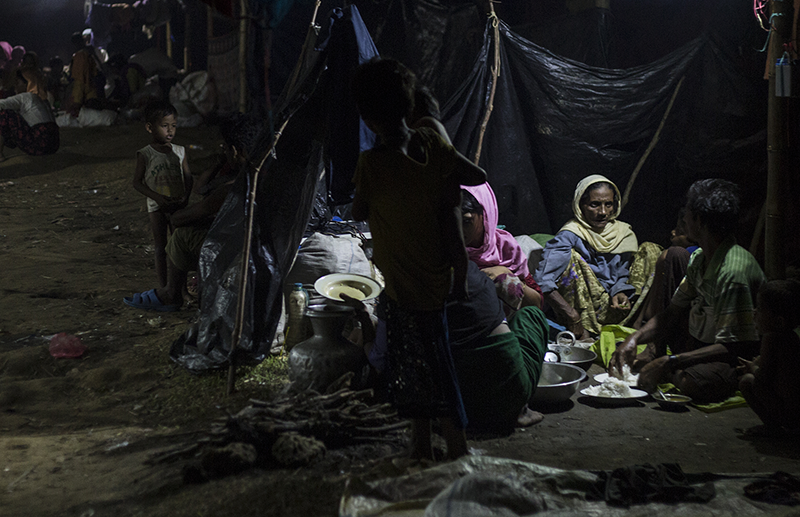“I’m very afraid, because if the virus arrives to the camp, no one will be alive, as here many people are living in very small place.”
– Hotiza, a woman around 85 years old
Dear John,
Wash your hands. Practice physical distancing. We all know the advice of public health officials and what they’re recommending to stop the spread of COVID-19.
But imagine if you didn’t have access to even this basic information. The authorities have cut off access to telecommunications and the internet and you’re excluded from local information sharing.
Imagine you’re also at high risk due to your age, lack of access to water and sanitation and cramped living conditions. You’ve heard something is coming and you don’t what to do.
“I didn’t hear any new things, just people are saying, ‘A disease is coming, pray’” – Abdu Salaam, 70
During Amnesty International’s visits to refugee camps in Bangladesh, that’s exactly what we found. Older people in particular were scared and lacking even basic information about the pandemic. Most had heard second-hand information, with little detail other than the virus was very dangerous, and they needed to “live clean”.
Older people in refugee camps are too frequently being left out of the COVID -19 humanitarian response. They’re often excluded from informal camp meetings due to physical constraints and have difficulty hearing megaphone announcements about the virus.
They face a devastating combination: they are the group most at-risk of COVID-19, and yet are so often overlooked in the response.
Your support means we can continue calling on governments, donors, and humanitarian organizations to put older people at the centre of their planning and response to crises like COVID-19. To include them and their needs, prioritize critical information sharing, and put preventative measures into practice.
Numerous marginalized communities face heightened vulnerabilities during this pandemic, and they must not be left out of the response. What the spread of this virus should teach us is that globally we are all connected, and we can all help one another – so let’s start now.
In unity and solidarity,
Alex Neve
Secretary General
Amnesty International Canada
You received this email because you requested to be informed about opportunities to protect human rights.
If you do not wish to receive emails from Amnesty International, click here.
Amnesty International Canadian Section (English Speaking)
312 Laurier Avenue East, Ottawa, ON, K1N 1H9 1-800-AMNESTY (266-3789)
Charitable Registration # 11878 5914 RR0001
View Amnesty's privacy policy


